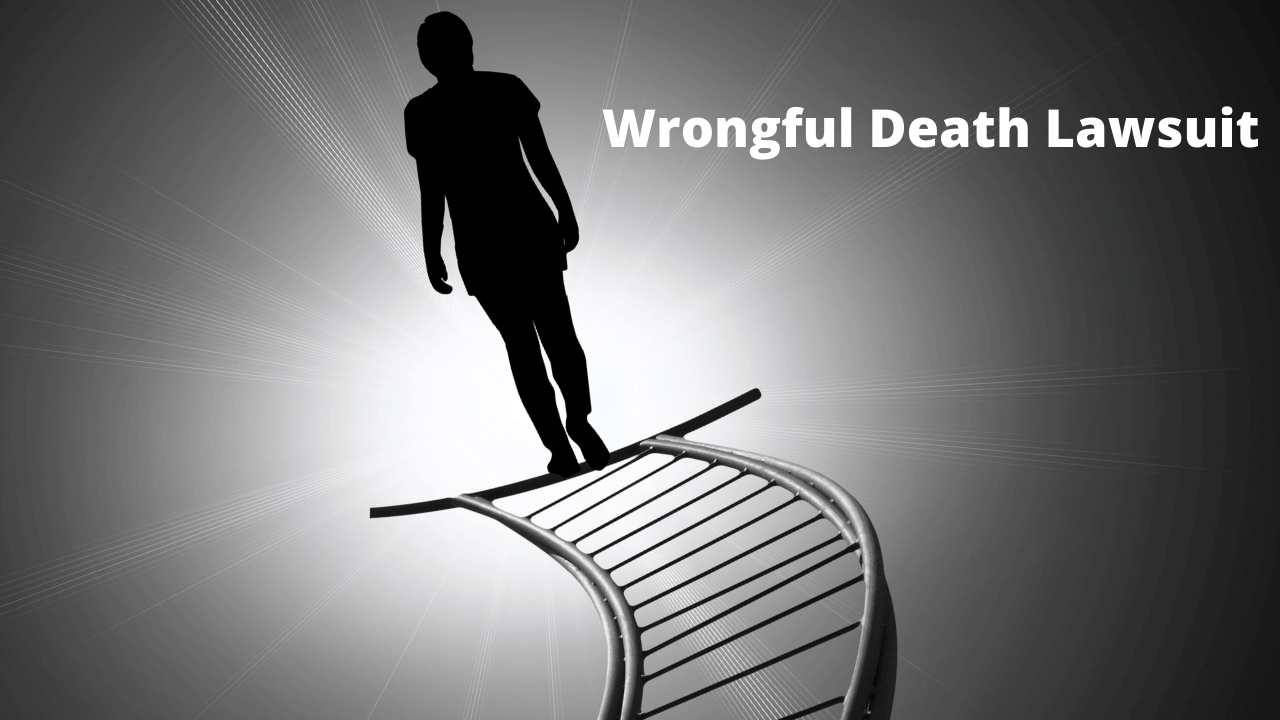Law School
Who is awarded the money from a wrongful death lawsuit?
Published
3 years agoon

wrongful death lawsuit
A wrongful death suit is heard in civil court, which is different than criminal court. No crime may have been committed, but someone was responsible for the death of a loved one. Civil and criminal cases are different and are tried in separate courts. Civil charges may be filed along with, or after, some criminal cases.
If you have lost a loved one and believe the death was caused by someone, visit the attorneys at Stephenson Rife to learn more about your legal rights. We offer a free consultation to help you decide whether to go forward with your case.
States have their own laws concerning wrongful death suits. Indiana has its own laws as well. Indiana defines wrongful death as a death caused by a wrongful act, or the lack of action that should have been taken. Medical malpractice is the third definition. Either someone did something to cause the death, or the death happened because of negligence.
Each state has its own rules about who may file a suit, and what happens with the settlement money. . Spouses, children, or their representatives are the only ones authorized to file a wrongful death suit in Indiana. Some states allow any adult to file a suit. Some states also allow a domestic partner to file a suit. Usually, an immediate family member is named the executor of the estate, and only that person may file a suit in Indiana.
If there is a will, the courts will usually follow the wishes expressed there, but if there is no will, the court will follow its state’s guidelines. Some states allow a distant relative to file a suit for wrongful death. All states allow immediate family members to file a suit. Being eligible to file a suit is important, but that does not mean you have won anything. You must meet the criteria of your state to start the suit, and then the trial or negotiations may proceed.
Damages are decided by a judge or jury. Judgments may include medical, hospital, and burial expenses, but are not limited to those items.
Lawyers representing you in a wrongful death case do not get paid unless they win. Normally, the settlement includes the payment the attorneys will get. When the suit is won, damages are given to the estate of the deceased. Even so, Indiana has laws about how the estates must distribute that money.
Medical bills, as well as any funeral expenses, are the first to be paid. Any money left over is to go to the spouse of the person who was killed. If there is no spouse, the money will go to the children, or to the next of kin. If there is a will, that can supersede the state on the distribution of funds after bills are paid.
If there are no immediate family members left, the state has a detailed list of rules that must be followed to distribute the money. Indiana caps settlements at $300,000 for people who do not have dependents such as a spouse or children.
Damages paid
There are several categories for wrongful death damages.
- Loss of financial support, which is any money the deceased would have made had they continued to live. This includes what they make as well as potential future income.
- Loss of services. This is the loss of the work the person would have done at the home, such as maintenance, caring for children, and other activities. This is to compensate for the expense you will now have on hiring those things to be done.
- Loss of parental guidance. For minors, the loss of a parent is traumatic, and one of the losses is that of guidance. It will affect the opportunities they have as well as important life choices.
- Loss of affection. This is compensation for the loss on a more personal level, the loss of the love and care that person gave you.
- Medical and burial costs. This would be reimbursement for medical bills, as well as funeral and burial costs.
- Lawyer fees. The attorneys only get paid if they win, and this can be covered as part of the settlement.
States have different rules as far is distribution goes. In California, family members may distribute the settlement. If that is not possible, the courts will make the decisions. In some states, anyone related is entitled to some of the settlements whether they took part in the suit or not. Some states specify a minimum for the surviving spouse. Many states follow the same procedure for the distribution of property or an estate. In some cases, the state may decide how the money is to be distributed.

Trending

 Banco4 years ago
Banco4 years agoBanjercito

 Gaming3 years ago
Gaming3 years agoNBA 2K21 Best Controller Settings

 Social Media3 years ago
Social Media3 years agoHow to prepare a publication schedule

 Indonesia4 years ago
Indonesia4 years agoSerial Number CorelDraw X7 Aktivasi Kode 64/32 Bit | Dijamin Bisa

 Filmora4 years ago
Filmora4 years agoWondershare Filmora 9 Activation Key and Email Free 2020

 Education1 year ago
Education1 year agoJuan Monteverde on the Unexpected Costs of Corporate Fraud

 Indonesia3 years ago
Indonesia3 years agoMangastream – 15 Alternatif Terbaik untuk Membaca Manga Online [2021]

 Education4 years ago
Education4 years ago28 Best Bane Quotes From The Movie “The Dark Knight Rises”
You must be logged in to post a comment Login